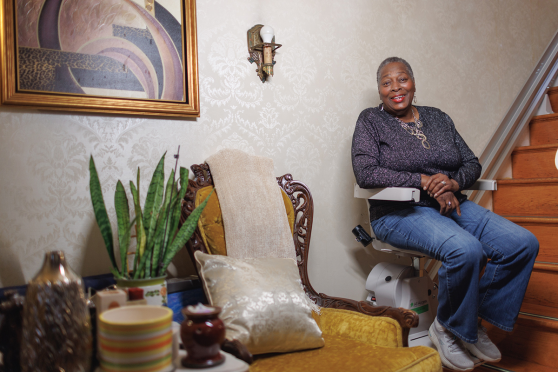Countdown to a successful hospital or rehab stay
Got a procedure coming up? Check out this timeline to get ready — and ensure a smoother recovery.


A MONTH BEFORE
Now is the time to work on activities that can get you as healthy as possible, says Tracey Childs, M.D., chief of surgery at Providence Saint John’s Health Center in Santa Monica, California. Your to-dos might include:
-
Begin a relaxation practice, like meditation or deep breathing, to reduce anxiety.
-
Increase consumption of fruits and vegetables to lower inflammation levels in the body.
-
Stop smoking if you can to reduce the risk of wound complications.
-
Talk to your doctor and surgeon about any chronic health issues that could be better controlled, such as hypertension, diabetes, or COPD.

A WEEK BEFORE
As the procedure day approaches, you’ll want to gather everything you need so you’re not scrambling at the last minute.
-
Obtain any new medications and supplies recommended for procedure prep or recovery.
-
Discontinue or change medications that may raise your risk of complications, if your doctor advises it. If you’re on blood thinners, for instance, those will likely need to be stopped to decrease the chance of bleeding during surgery.
-
Review all the instructions for your pre-surgery preparations and post-surgery rehab, and consult your doctor to clear up any questions.

A DAY BEFORE
This is when you can pack a small bag to bring to the hospital. Pack your insurance card, ID, and comfortable clothes — even if you’re not staying overnight.
-
Print out your current medications, including dosage and frequency, for your post-surgical team.
-
Know what time to stop eating prior to surgery and how to clean your body. For instance, you’re usually asked to take a shower with antibacterial soap before you leave for the hospital.
-
Try to get a good night’s sleep. That can go a long way toward helping you feel more confident and calmer in the morning. “Most people don’t realize the important role they play in optimizing their experience,” Dr. Childs says.



